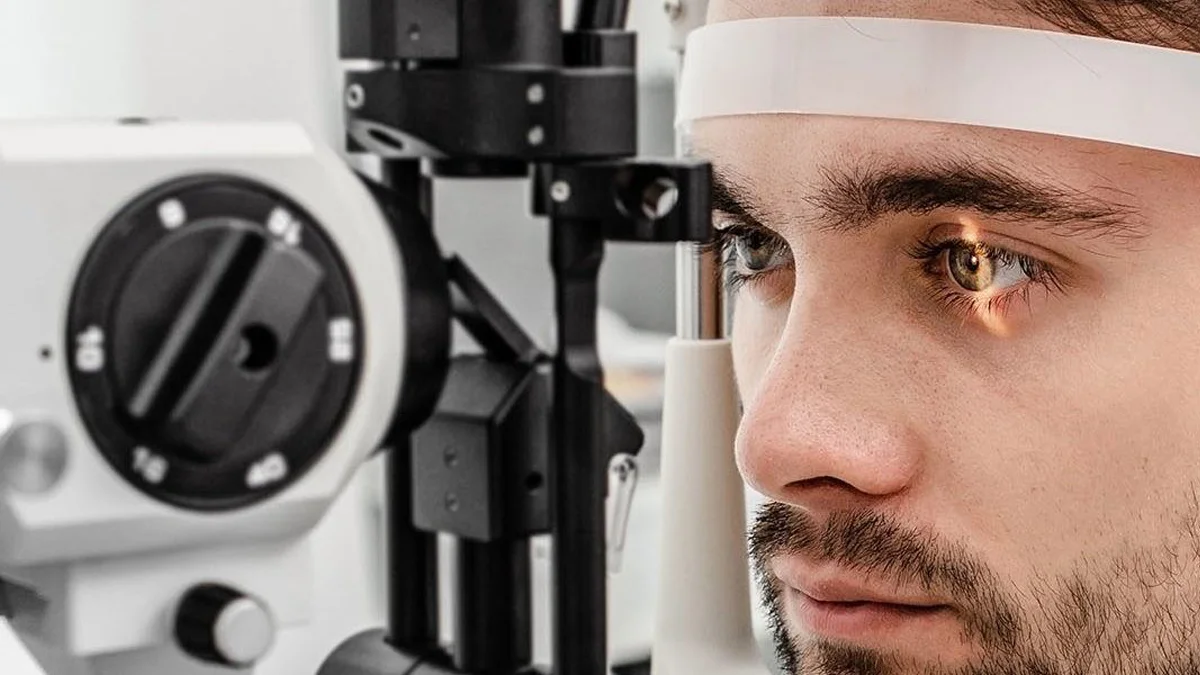Necessary Always Active
Necessary cookies are required to enable the basic features of this site, such as providing secure log-in or adjusting your consent preferences. These cookies do not store any personally identifiable data.
|
||||||
|
||||||
|
||||||
|

Researchers in the UK have developed an AI system that could improve efficiency in the recruitment of eye disease clinical trial patients. According to Health Tech World, the new AI model clinical recruitment system could lower the cost and reduce the time required to onboard trial patients. The trials require patients with a form of age-related vision loss.
The AI clinical trial recruitment model focuses on an advanced type of dry age-related macular degeneration (AMD) known as Geographic Atrophy (GA). The condition leads to irreversible loss of vision and blindness.
Effective treatments for GA have been non-existent. GA affects between 5 and 10 million people across the world. The Food and Drugs Administration (FDA) approved two GA medications in 2023. The medications show modest efficacy, an issue that spurred new clinical trials for the condition.
The new AI model clinical recruitment system is designed to address the main obstacle in GA trials- recruitment of patients that meet the trial criteria. Research into the AI model trial recruitment is being led by Dominic Williamson, a PhD student at the Centre for Doctoral Training in AI-enabled Healthcare Systems at UCL. According to Williamson, the system is already showing indications of success in real world applications.
“Our AI system shows promise for real-world application in recruiting patients for GA clinical trials more efficiently. It could also be developed to identify individuals who may benefit from new treatments as they become available,” Williamson said.
Researchers assess the new AI model by running an algorithm on retinal scans from more than six hundred thousand optical coherence tomography (OCT). The scans were derived from diverse datasets of three hundred thousand Moorfields patients. The datasets contained patient data collected between 2008 and 2023. The algorithm identified patients who were likely to qualify for GA clinical trials.
The AI system identified almost double the number of clinical trial patients as conventional systems. It also demonstrated high precision. Traditional systems rely on keywords to search electronic health records. On one occasion, the AI system identified 1,139 patients with a 63% precision. On the same occasion, the electronic health records approach identified 693 patients with a 40% precision.
Most importantly, the AI model clinical trial recruitment system was able to differentiate nuanced stages of eye disease. It also dropped patients who had coexisting conditions. Combined, the two systems shortlisted 604 trial patients with an 86% precision.
The AI model trial recruitment has also been tested on data sets representing diverse ethnicities. The successful tests mean the model can be transferred to different sites globally for the recruitment of GA trial patients.
Senior Researcher and Study Author Professor Pearse Keane said, “This type of AI could prove instrumental in accelerating the development of innovative GA treatments. The research effectively demonstrates the potential for AI in facilitating automated pre-screening for clinical trials in GA, enabling site feasibility assessments, data-driven protocol design, and cost reduction.”
The new AI model uses retinal scans to identify clinical trial patients. This makes it ideal for use in hospitals and clinics where electronic records and retinal scans are easily accessible.